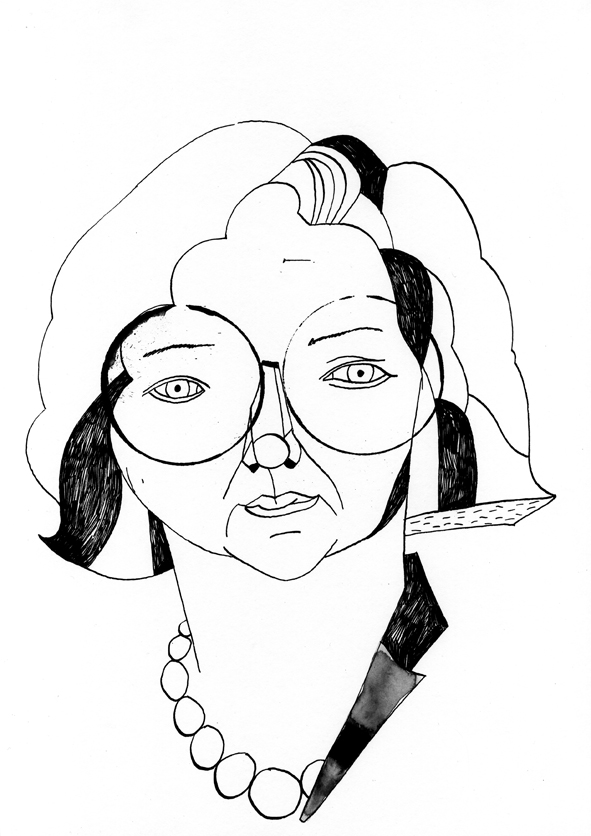
Click here
The woman who delved into the causes of our aging
Elizabeth Blackburn is an Australian biochemist, born in 1948.
Blackburn discovered the telomerase, an
enzyme that forms the telomeres during DNA
replication. Telomeres are sequences of DNA
that protect the ends of chromosomes from
degradation, in the same way that plastic ends
prevent shoelaces from fraying. Elizabeth
discovered that the unique DNA sequence in
telomeres determines ageing and degradation
of chromosomes.
Telomeres are shortened by advancing age or
by going through periods of intense stress. This
shortening is a cause of cell degradation, which
leads to wrinkles, crow's feet and all that we
associate with the passage of time. Increased
activity of the telomerase enzyme maintains
the length of telomeres and this in turn is
associated to a more youthful appearance.
Today her findings help us to understand the
process of ageing and also in the search for
new therapies for cancer.
Elizabeth Blackburn received the 2008 L'Oreal-UNESCO awards for Women in Science, and in
2009 the Nobel prize in Medicine for her research on the behaviour of telomeres in diverse
organisms.
She currently works as a professor of biology
and physiology at the University of San Francisco, California. She has written numerous
essays and articles relating to women and
motherhood, by defending the idea that every
woman has the right to choose a career
without fear of being discriminated against for
being a mother.
«The very valuable thing about science and mathematics is it gives you ways of thinking that are not in any way confined to science.»
- Biography. Wikipedia
- Elizabeth Blackburn wins Nobel Prize in Medicine
- Causes of aging
- Poverty may alter ADN preservation
- Nobel Prize for the discoverers of telomerase
- ABC. Interview to Elizabeth Blackburn
- The roles of telomeres and telomerasa. Video
- Telomeres and telomerasa in human stem cells and cancer. Video
- Stress, telomeres and telomerase in humans. Video
- The secret to make cells live longer. Video
- A life in science. Video
- If you fail, is it really a failure? Video


